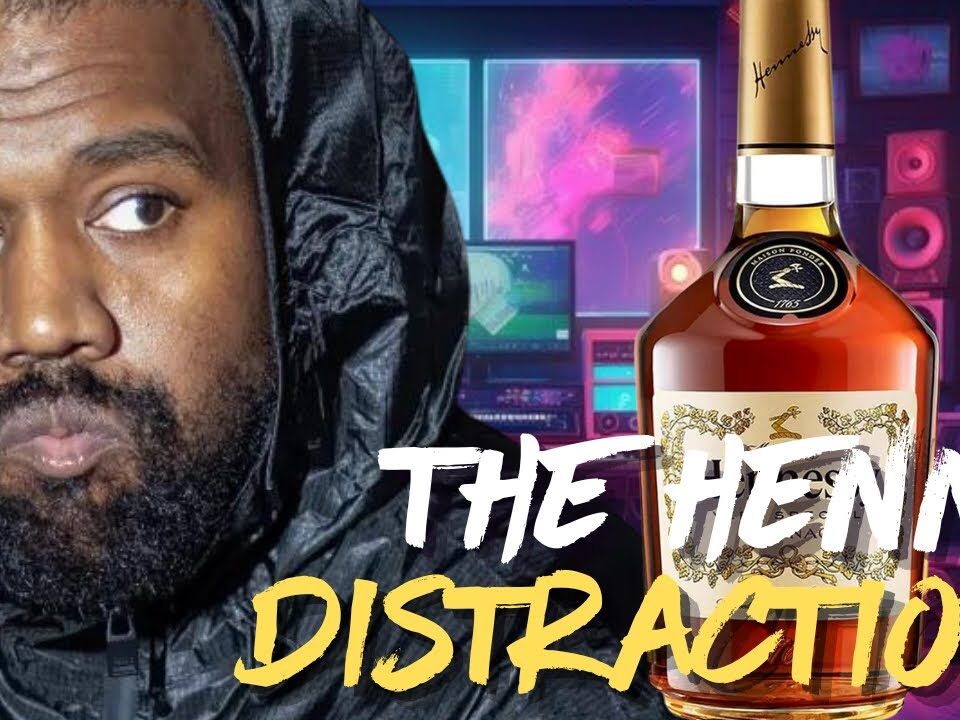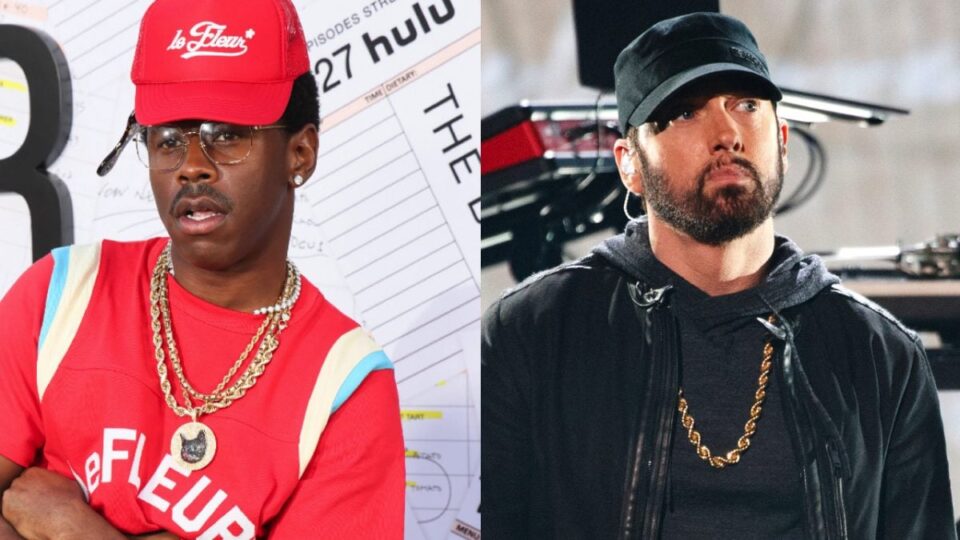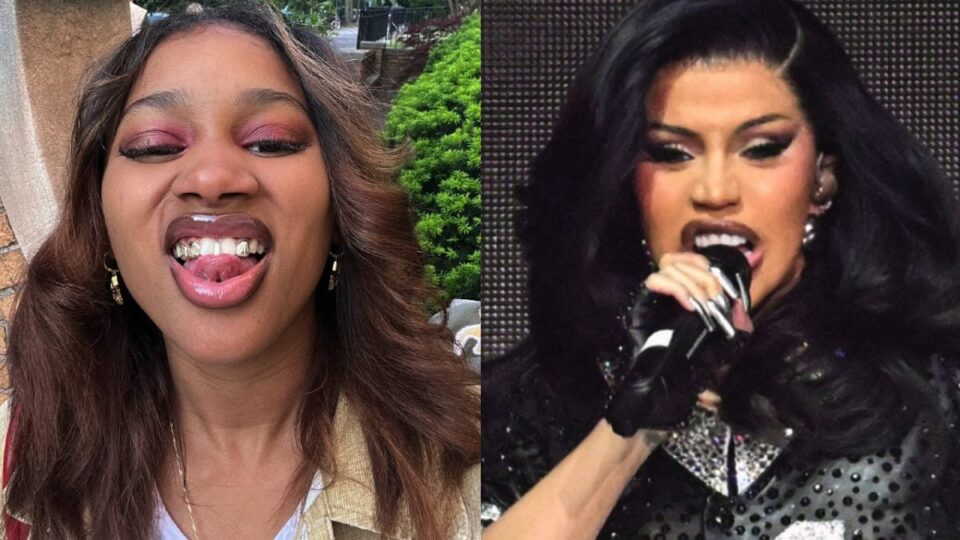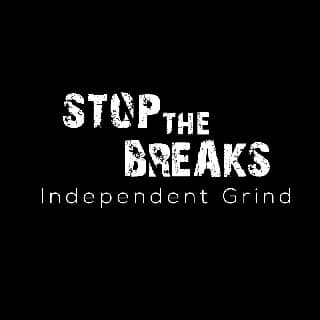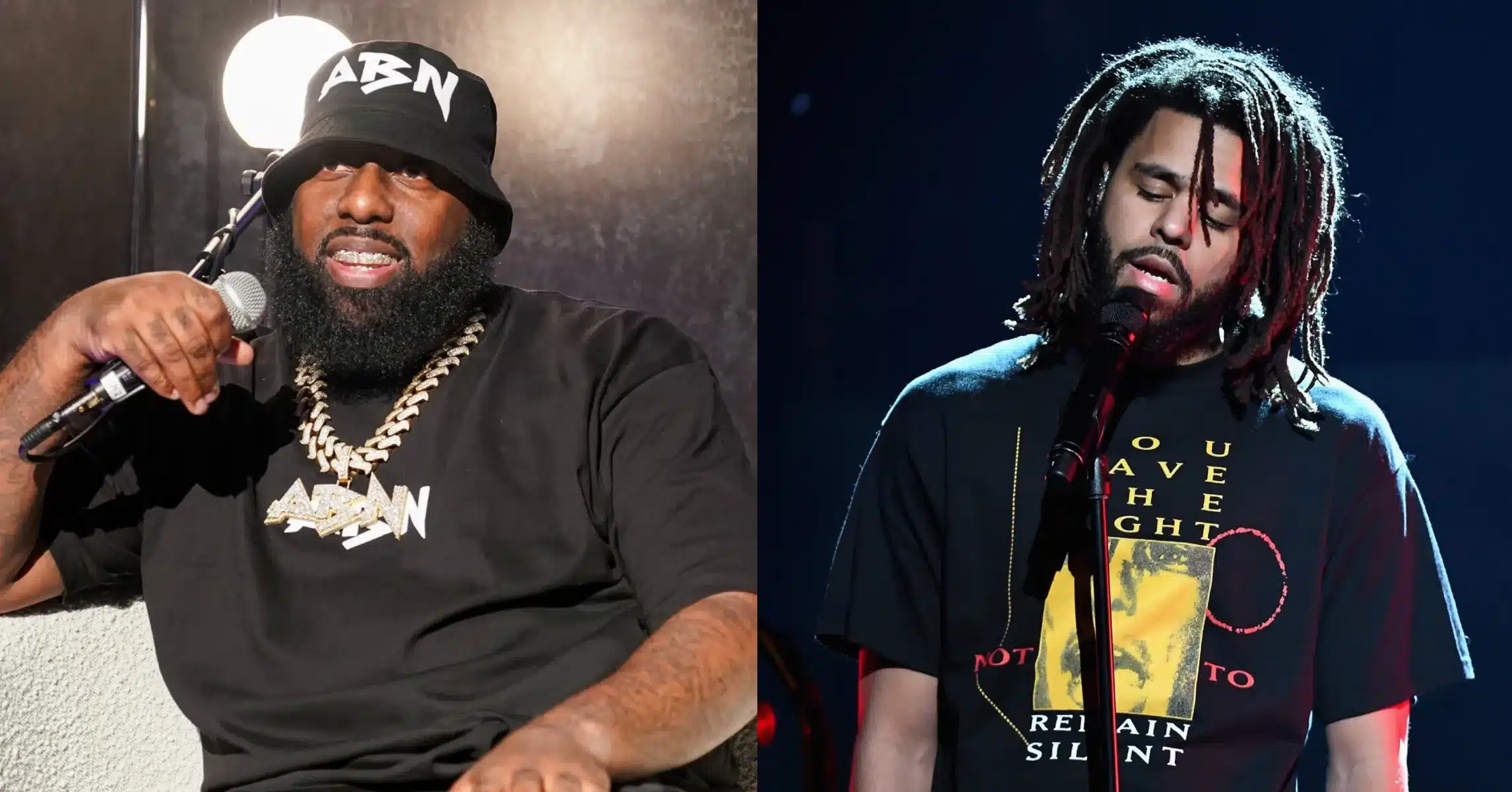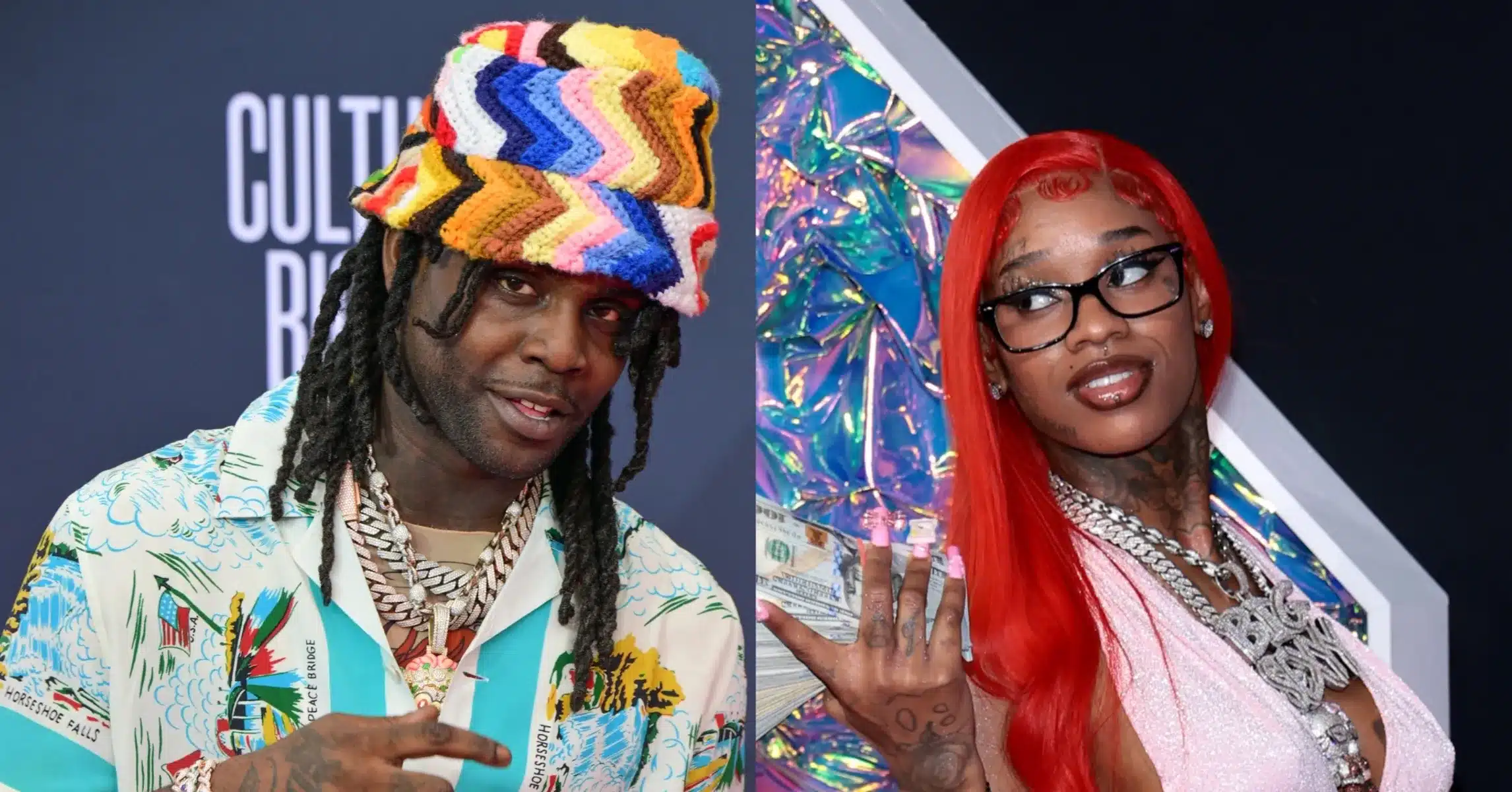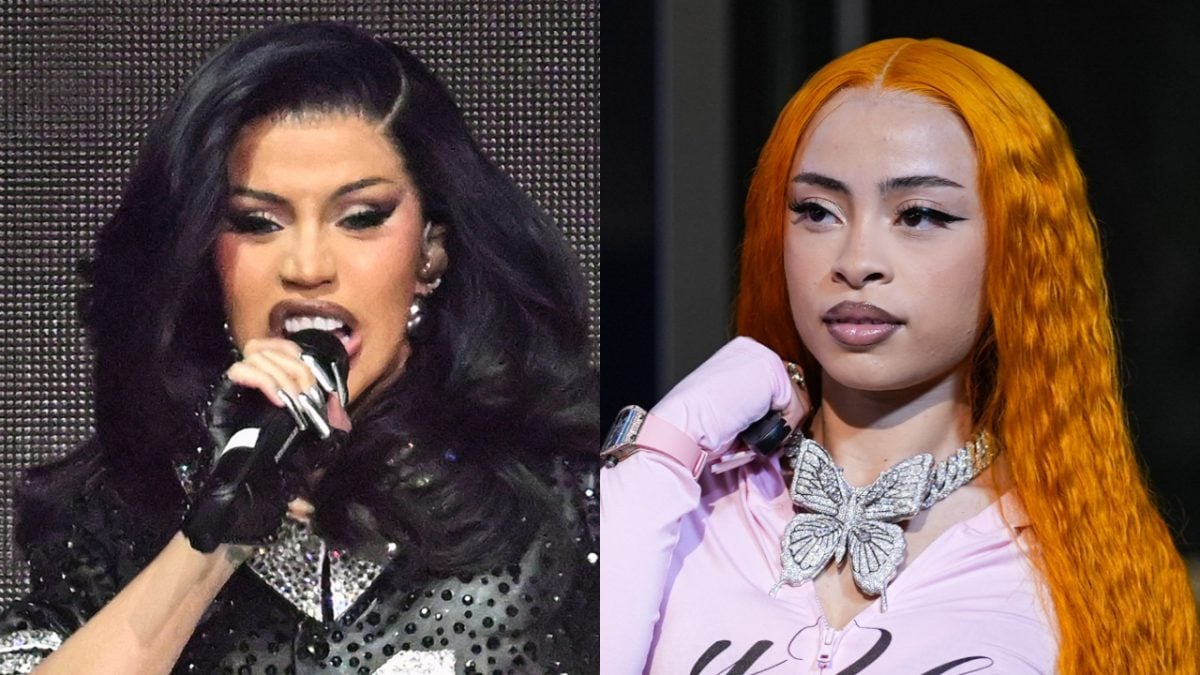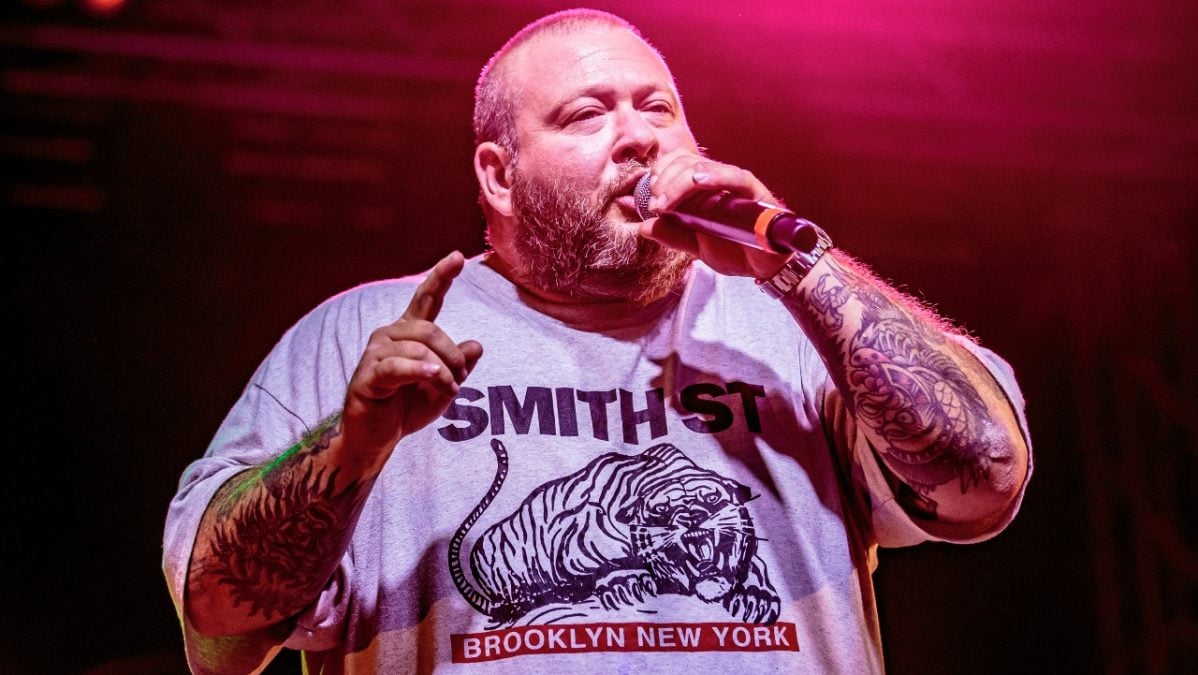Kanye West, once again, has sparked a wave of discussions following his recent interview with Candace Owens. The controversial artist delved into various sensitive topics, stirring the public discourse. Let’s take a closer look at this engaging and polarizing conversation.
Kanye’s Struggle with Creativity
In the interview, Kanye discussed his struggle with creativity. He indicated that his inability to create music as in the past stems from his addiction to laughing gas. This revelation adds another layer to the many challenges Kanye faces in his personal and professional life.
Controversial Statements on Jewish Community
Kanye didn’t hold back when addressing issues with the Jewish community. He accused Jewish entertainment executives of undermining him. By intertwining these claims with historical contexts, Kanye’s statements have raised eyebrows and sparked widespread debates.
He clarified previous controversial remarks, including his ‘Def Con 3’ comment, emphasizing that he was targeting specific individuals he felt wronged by. This attempt to reframe his earlier comments adds complexity to the ongoing discussions about his views.
Kanye’s Views on Media Control
Kanye also criticized what he perceives as excessive control by Jewish executives in the media. He argued that this control affects the black community disproportionately, especially regarding content related to abortions.
He cited statistics, asserting that abortion rates among black individuals are significantly higher than in other communities. Kanye’s perspective, whether viewed as enlightening or controversial, aims to shed light on these disparities.
Furthermore, Kanye questioned the availability of information on Jewish abortion rates, suggesting there’s a deliberate suppression of data. These assertions further fuel the contentious nature of his comments.
Courage to Speak Out
Kanye praised his own bravery in addressing these contentious issues. He claims to voice what many others in the entertainment industry might fear to say, positioning himself as a spokesperson for marginalized voices.
His stance is that of a protector, aiming to challenge powerful structures he believes oppress certain communities. This self-assigned role again polarizes opinions, with some viewing him as a hero and others as a provocateur.
Comparisons to Historical Events
Kanye’s comparison of the plight of black communities to historical events like the Holocaust garnered significant reactions. He mentioned how Planned Parenthood impacts black communities negatively, likening it to a form of genocide.
These analogies are particularly striking and controversial, inviting both support and condemnation from various quarters.
He uses these comparisons to underline his argument that systemic structures are designed to oppress, thus drawing stark parallels that resonate deeply with his audience.
Kanye on the Entertainment Industry
West also touched upon the dynamics within the entertainment industry, comparing the treatment of black entertainers to cattle in a stable. He highlighted the constancy of Jewish executives versus the transient nature of artists’ careers.
This critique pointedly addresses the power imbalances he perceives, calling for a reevaluation of how artists, especially black artists, are treated within the industry.
Kanye’s Ultimate Message
At the core of Kanye’s message is a call for respect and recognition. He believes that by speaking out, he is honoring a higher purpose and fulfilling a divine mission.
Whether one agrees with his method or message, Kanye’s resolve to voice his truth is undeterred, continually making headlines and fueling discussions.
Kanye West’s interview with Candace Owens is a testament to his ability to provoke and engage. His controversial statements and bold claims ensure that he remains a focal point in public discourse. Regardless of differing opinions, Kanye’s voice continues to resonate powerfully, shaping conversations across various platforms.
